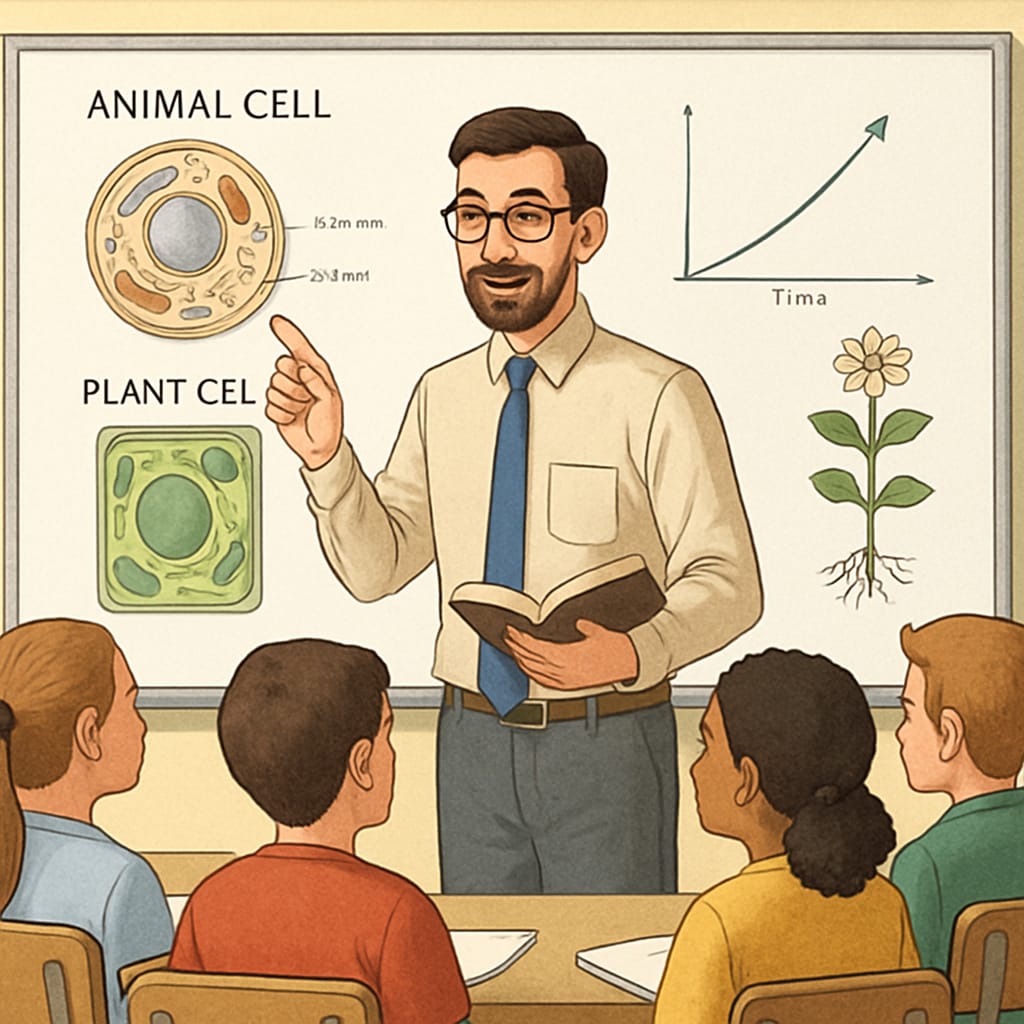Transitioning from a biology background to pursuing a master’s degree in education might seem unconventional, but it is a path filled with potential for aspiring educators. The shift from STEM (science, technology, engineering, and mathematics) disciplines to education opens doors to impactful careers in K-12 teaching, curriculum design, and educational leadership. This article delves into the feasibility of this academic transition, highlighting the challenges, opportunities, and strategies to help biology graduates navigate this new domain successfully.
Why Consider the Transition from Biology to Education?
Biology graduates often possess a strong foundation in scientific thinking, analytical skills, and problem-solving—attributes highly valuable in the field of education. For individuals passionate about teaching, especially in STEM subjects, combining scientific expertise with pedagogical knowledge can enhance their ability to engage students effectively. Moreover, there is a growing demand for STEM educators globally, making this transition not only feasible but also highly relevant.
- Broader Impact: STEM educators play a crucial role in shaping future generations, fostering scientific literacy, and inspiring innovation.
- Career Versatility: An education degree can lead to roles in educational administration, policy-making, or even educational consulting.
- Personal Fulfillment: Many biology graduates find teaching to be a rewarding way to share their passion for science.

Challenges in Academic Transition
While the transition from biology to education offers numerous benefits, it is not without challenges. Adapting to a new discipline, understanding educational theories, and acquiring teaching methodologies can feel overwhelming at first. Here are some common hurdles:
- Knowledge Gap: Biology graduates may need to learn foundational concepts in education, such as pedagogy (the art and science of teaching) and classroom management.
- Certification Requirements: Depending on the country or region, becoming a licensed teacher may involve additional training or state-specific certifications.
- Cultural Shift: Transitioning from a research-focused environment to an educator’s role requires a change in mindset and work dynamics.
However, these challenges can be addressed with careful planning, persistence, and a genuine commitment to learning.

Strategies for a Successful Transition
To successfully transition from biology to a master’s degree in education, consider the following strategies:
- Leverage Your Background: Highlight your expertise in biology and STEM subjects during applications. Schools often seek educators with a solid understanding of scientific principles.
- Gain Practical Experience: Volunteer or work in educational settings to familiarize yourself with teaching practices and classroom dynamics.
- Research Programs: Choose master’s programs that offer specializations in STEM education or curriculum development, aligning with your biology background.
- Build Your Network: Connect with educators and professionals in the field to gain insights and mentorship.
- Stay Updated: Stay informed about trends in K-12 education, such as technology integration and student-centered learning.
Opportunities and Future Prospects
The integration of STEM expertise into education not only enhances teaching quality but also contributes to addressing the global shortage of science educators. Graduates with a biology background and education training are well-equipped to innovate teaching methods, inspire scientific curiosity, and prepare students for careers in science and technology. In addition, the skillset acquired through this transition can lead to roles beyond traditional teaching, such as:
- Developing STEM curricula for schools and educational organizations
- Engaging in educational research to improve teaching strategies
- Advocating for STEM education policies at local or national levels
As the demand for STEM education continues to rise, professionals capable of bridging scientific knowledge and teaching expertise will remain highly sought after.
In conclusion, transitioning from a biology background to a master’s degree in education is both feasible and rewarding for those passionate about teaching and impacting the next generation. While challenges exist, careful planning and strategic action can pave the way for success in this interdisciplinary journey.
Readability guidance: This article uses short paragraphs and lists to enhance readability. Transitions such as “however,” “in addition,” and “as a result” ensure logical flow while maintaining a professional tone.


